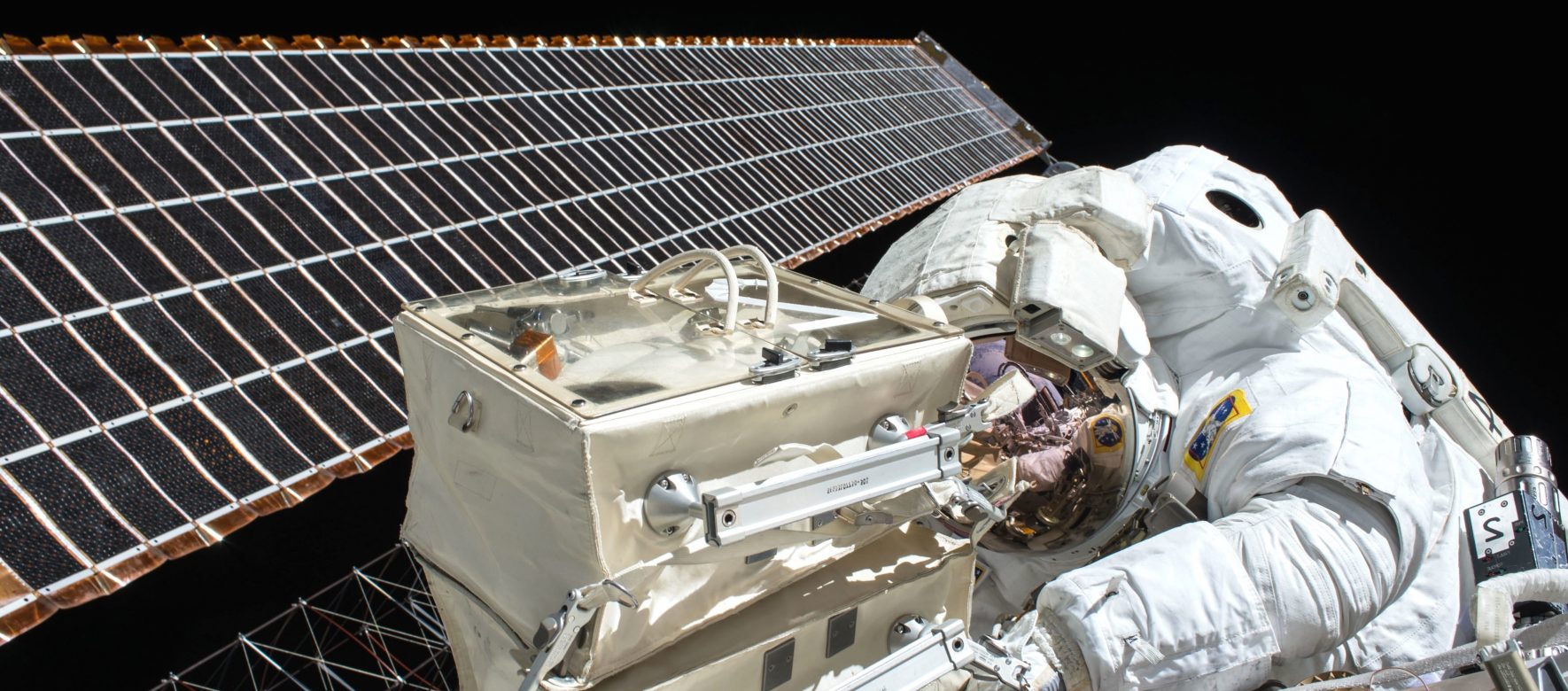Earth observation satellites are today at the heart of many development challenges in Africa, particularly in security and disaster management. South Africa has just secured access to several of these facilities.
South Africa will soon share resources and spatial data essential for effective disaster management with Brazil, Russia, India and China. To this end, the country has signed an agreement with its BRICS partners for the implementation of a constellation of remote sensing satellites and a network of ground stations.
On August 18, during the virtual meeting during which the agreement was initialed, it was decided that the entire infrastructure will be operated by the space agencies of the five nations.
Among the equipment mobilized for this space collaboration, the BRICS indicate that there will be the China-Brazil Earth Resources Satellite-4 (CBERS-4), the Earth observation satellites Kanopus-V of Russia and the satellite of Remote sensing ResourceSat-2 from India. China’s GaoFen-1 (GF-1) Earth Observation Satellite Series will also participate in the network.
For the network of ground stations, it will be made up, among others, of the Cuiaba station in Brazil, Shadnagar-Hyderabad in India, Sany in China and even Hartebeesthoek in South Africa.
The agreement signed by South Africa and its BRICS counterparts in the field of Earth observation by satellite is certainly not the only one that the five countries will endorse. Until the end of August, the countries of this political and economic group will still have many themes to tackle within the framework of their cooperation, in particular on the environment, agriculture, youth, trade, telecommunications.
“The agreement will help accelerate cooperation between the BRICS in the peaceful use of outer space with the use of data and applications in a range of sectors such as global climate change research, l ‘agriculture, food security, disaster management and water resources management, among others,’ said Sanjay Bhattacharyya, secretary of the Indian Ministry of Foreign Affairs.
































Réagissez à cet article